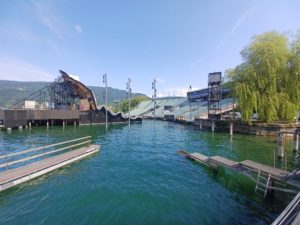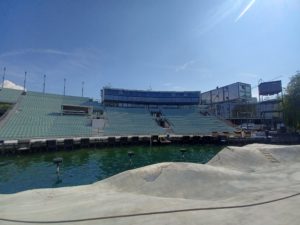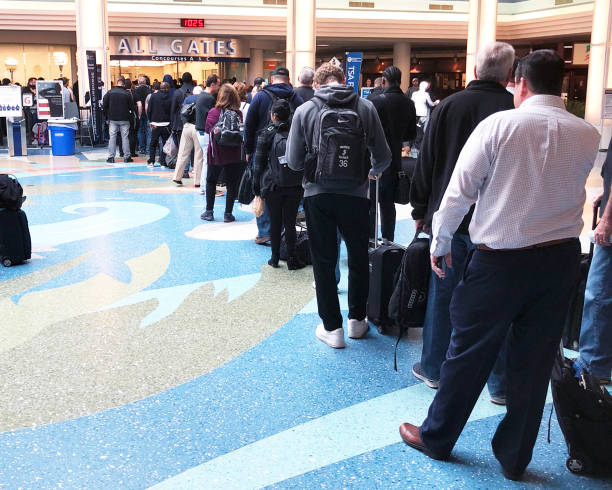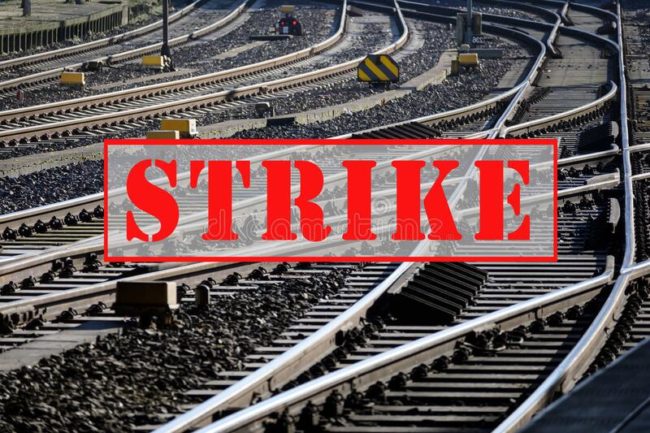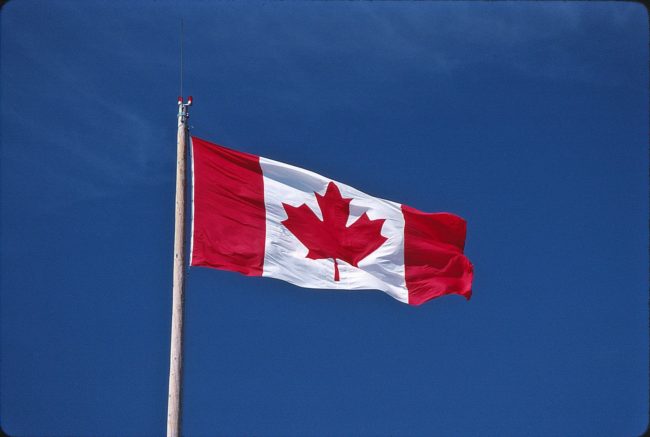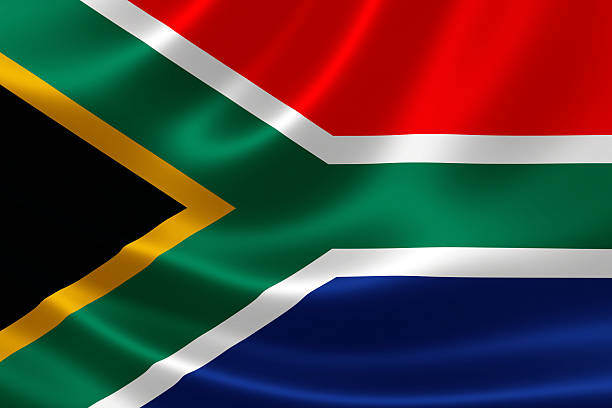Following on from the German transport strikes last week, travellers in much of Western Europe are now facing disruption from strike action across several countries.
UNITED KINGDOM
Security personnel at Heathrow’s Terminal 5 are several days into a 10-day strike, aimed at disrupting travel through the Easter school holiday period.
Members of management and personnel from other terminals have been drafted in to cover for the striking workers, seemingly with reasonable effect.
By all accounts, it would appear that much of the predicted chaos has not materialised, with the vast majority of flights running as scheduled.
Anecdotal evidence also suggests that security queues are not much longer than would normally be expected.
From what I can gather, travellers do not need to worry too much about this, unless there is a significant escalation in action.
FRANCE
France has seen widespread strike action across many sectors, as well as significant civil unrest in recent weeks, as people take to the streets to protest (amongst other things) government plans to raise the retirement age by two years to 64.
This has significantly affected the travel sector, in particular flights between third countries, which overfly French airspace.
Minimum service regulations, at least theoretically, grant that this should not affect flights to and from France itself. However, overflights between, for example, UK and Italy or Spain are not covered by these regulations and disruptions have been reported.
Indeed, my own flight from Valencia to Zurich yesterday was delayed and then rerouted over Italian instead of French airspace.
In terms of visiting France itself, it would appear that the disruption is significant enough to affect travellers’ plans and reduce the enjoyment of a trip. With this in mind, I would probably choose not to make any new bookings to travel in the coming days.
The only advice I can offer to travellers with pre-existing plans is to monitor news outlets carefully and make your own decision on how much aggravation you are willing to put up with.
PORTUGAL
Strikes by border personnel are expected to affect Faro and Madeira Airports from Thursday April 6 to Monday April 10.
I expect the effect to be limited to slightly increased waiting times on entry and exit.
SPAIN
Up to 17 airports across Spain are affected by strikes by ground handling agents employed by Swissport.
The strikes are taking place Mondays, Tuesdays and Thursday until April 13.
Again, disruption appears to be minimal. I flew from Valencia Airport yesterday and didn’t notice anything amiss, other than a delay to my flight, caused by the French action referenced above.
CONCLUSION
The decimation of the travel sector by government policies during the Great Covid Panic is continuing to cause issues with understaffing.
This, coupled with the intransigence of trade unions and the inability or unwillingness of employers to reflect rising inflation rates in their salary negotiations, creates all the ingredients for industrial action.
I expect these strikes to continue for the foreseeable future and can only hope that the disruptions to travel operations remain as minor as they seem to be so far, with the notable exception of France.
I would certainly not be cancelling any plans, but I do advise travellers to build extra time into your schedules and not to plan any tight connections that you can’t afford to miss.
If you have any questions or experiences to share, please visit the relevant Destination Forum.


